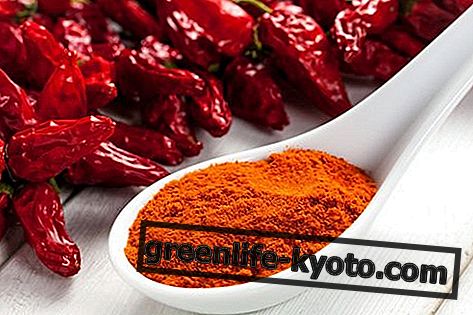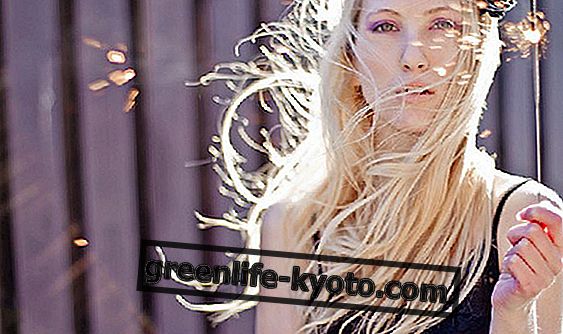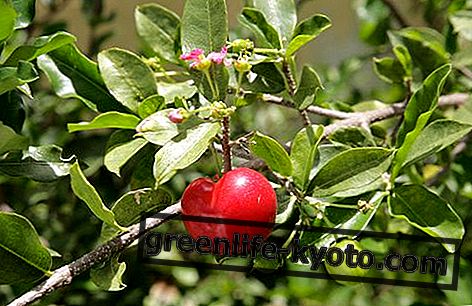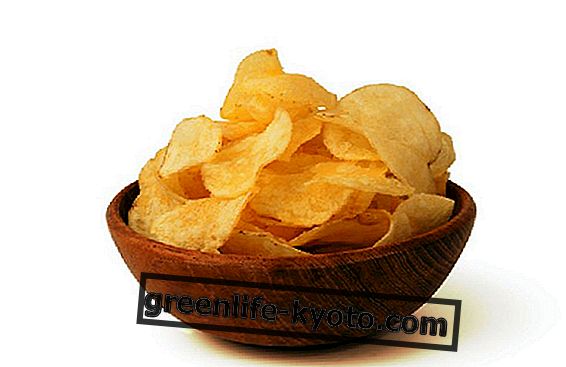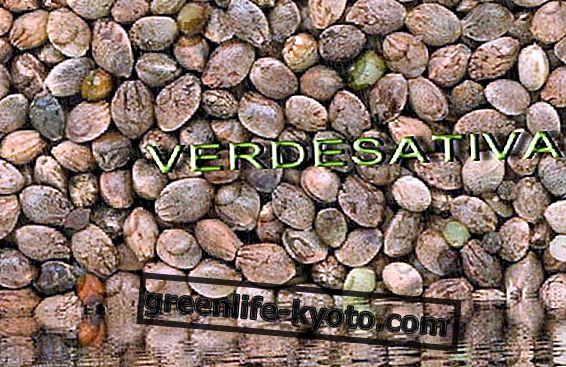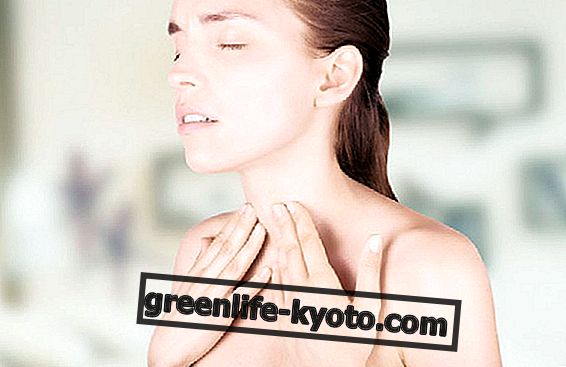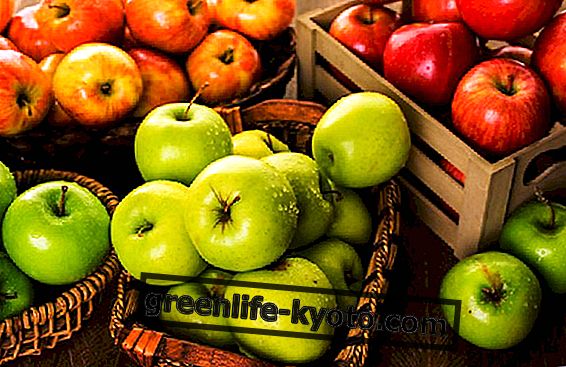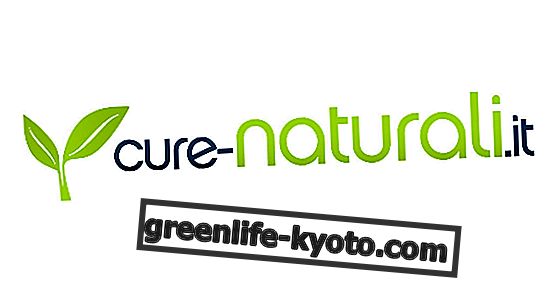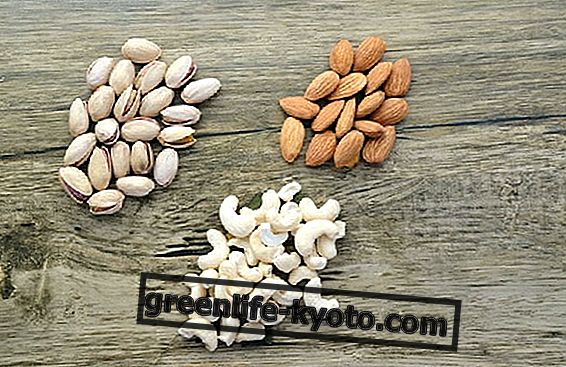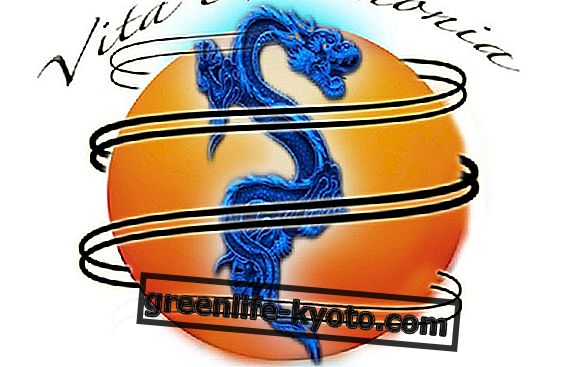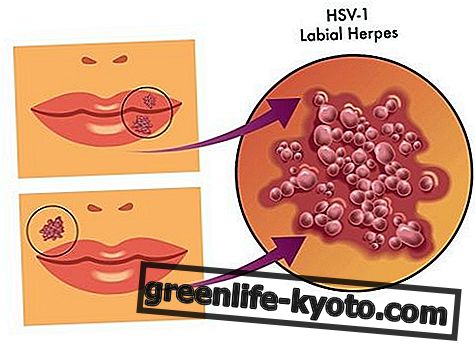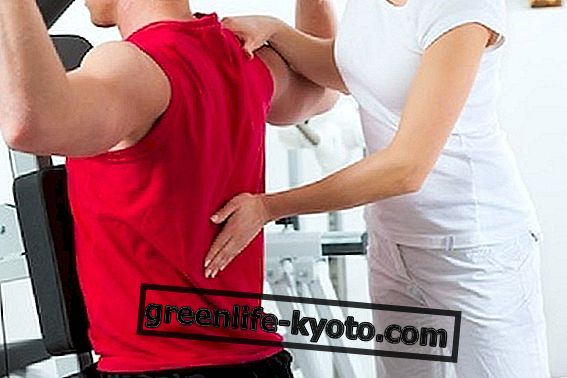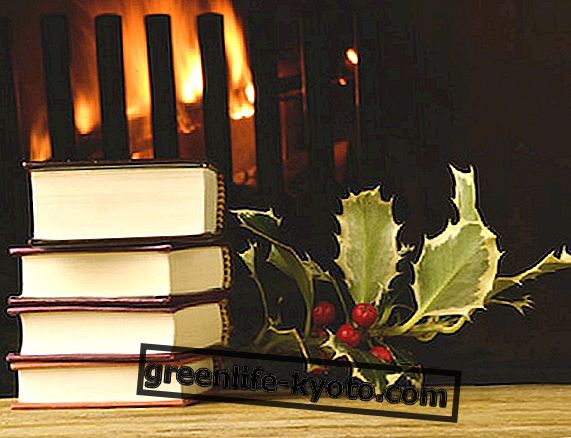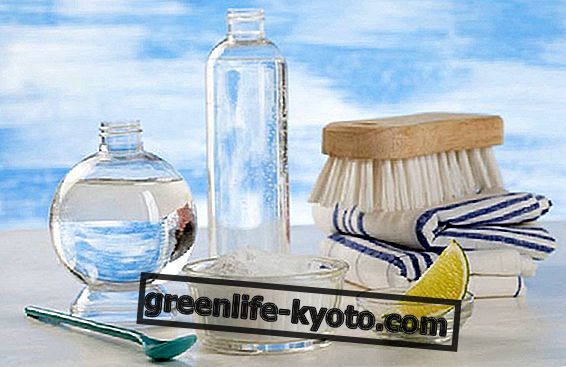
Bicarbonate, vinegar, alcohol and even a spontaneous herb: effective and cheap natural remedies for cleaning glass, mirrors and surfaces, respecting the environment.
Do it yourself spray for glasses and mirrors
To clean the glass and mirrors, but also the washable surfaces of the kitchen and bathroom, we can prepare a spray with a base of vinegar and water, to be perfumed with an essential oil of your choice.
If we do not tolerate the acrid smell of vinegar, we can replace it with alcohol, which is even more effective in eliminating stains from windows and mirrors.
Ingredients
> 150 milliliters of white wine or alcohol vinegar
> 150 milliliters of distilled water
> 30 drops of bergamot essential oil
Preparation: pour the drops of essential oil into the vinegar or alcohol, add the water, stir and pour into a container with a spray. At the time of use, shake and spray directly on the glass to be cleaned; pass a dry cotton cloth.
The essential oil of bergamot can be replaced by the essential oil you prefer: lavender, tea tree, sage, cedar, lemon, are examples of essential oils suitable for home cleaning.
The thousand uses of vinegar
Eliminate the deposits from the glass with the Parietaria Diffusa
To remove incrustations from glass, mirrors, bottles and jars, you can also use a plant, the widespread Parietaria : this edible weed grows spontaneously in our meadows, especially where the soils are calcareous or rocky, and is used as an infusion diuretic.
The Parietaria diffusa is also known as the vitreous grass, due to its descaling properties useful for cleaning glass .
To use it, just rub the leaves on the glass and then pass a cotton or microfibre cloth; it can also be used to remove scale inside the bottles, using a branch as if it were a pipe cleaner.
To discriminate this herb from other similar ones, know that the leaves have small hairs that literally make them glue to the clothes, so you can't go wrong.

Sanitary cleaning paste
To clean and whiten bathroom fixtures, sinks and ceramic tiles, it is sufficient to use sodium bicarbonate: mixing sodium bicarbonate and water you obtain a slightly abrasive detergent paste - a sort of DIY CIF - which removes dirt and incrustations and make ceramic turn white again.
We can simply pour the baking soda on the surfaces and then rub with a wet sponge, or we can prepare a mixture of baking soda and water to use on a sponge; in the second case less product is wasted and it is also possible to perfume bicarbonate with a few drops of essential oil.
Ingredients
> half a cup of baking soda
> 10 drops of essential lemon oil
> water
Preparation : add the drops of essential oil to the baking soda, mix with a spoon and add a little water, just enough to obtain a fluid paste.
Pour a little product on a wet sponge and rub on sinks, ceramic sanitary ware, avoiding steel taps to avoid scratching them. This cleaning paste can also be used to clean tiles and bathroom leaks.
Lemon essential oil can be replaced by other essential oils like eucalyptus, bergamot, cedar, sage or three tree.
